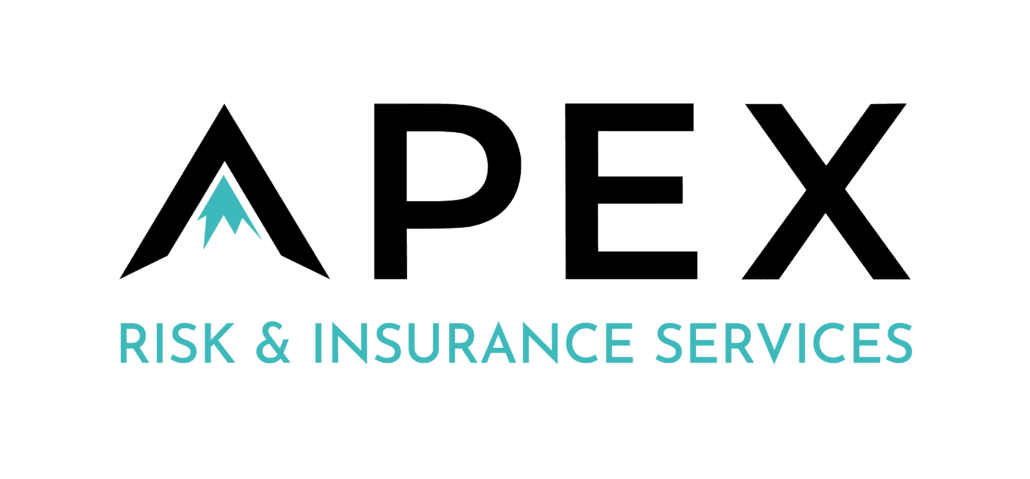Insurance Requirements for Mergers and Acquisitions
Mergers and acquisitions (M&A) are transactions in which two companies combine their operations or one company acquires another. M&A deals are complex and involve a variety of legal, financial, and operational considerations. One crucial aspect of any M&A transaction is insurance coverage. Insurance provides protection against various risks and liabilities that may arise during and after the transaction.
In this blog post, we will explore the insurance requirements for M&A deals. We will discuss the different types of insurance that may be required, the importance of conducting due diligence on the insurance coverage of the target company, and the post-closing considerations that must be taken into account. By understanding these insurance requirements, buyers and sellers can better manage their risks and ensure a smoother M&A process.
Types of Insurance for M&A Deals
There are several types of insurance that may be required for M&A deals, depending on the specific circumstances of the transaction. These include:
General liability insurance:
This type of insurance provides coverage for third-party claims related to bodily injury, property damage, or advertising injury. In an M&A context, general liability insurance can protect the buyer from potential claims arising from the target company’s past operations.
Directors and officers (D&O) liability insurance:
D&O insurance provides coverage for claims against the directors and officers of a company, such as breach of fiduciary duty, mismanagement, or securities fraud. In an M&A deal, D&O insurance can protect the directors and officers of the target company from personal liability.
Property insurance:
This type of insurance provides coverage for physical assets, such as buildings, equipment, and inventory. In an M&A context, property insurance can protect the buyer from losses due to damage or destruction of the target company’s assets.
Cyber insurance:
Cyber insurance provides coverage for losses related to data breaches, cyberattacks, and other cyber risks. In an M&A deal, cyber insurance can protect the buyer from potential liabilities arising from the target company’s data breaches or other cyber incidents.
The importance of due diligence in M&A transactions
Due diligence is a critical step in any M&A transaction, and it is especially important when it comes to insurance coverage. Conducting due diligence on the insurance coverage of the target company can help buyers identify potential risks and liabilities, and ensure that they have appropriate insurance coverage in place to protect themselves.
Key steps to assess the insurance coverage of the target company
To assess the insurance coverage of the target company, buyers should take several key steps. First, they should review the target company’s insurance policies to understand what types of coverage are in place, the limits of coverage, and any exclusions or limitations. Buyers should also review the target company’s claims history to identify any past or pending claims that may affect their liability. Additionally, buyers should review the target company’s risk management procedures to assess the effectiveness of their risk management practices.
Risks of inadequate insurance coverage
The potential risks of inadequate insurance coverage can be significant. If the target company does not have appropriate insurance coverage in place, the buyer may be exposed to significant liabilities and financial losses. For example, if the target company has a history of product liability claims and does not have sufficient product liability insurance, the buyer may be liable for any future claims that arise after the acquisition.
Negotiating insurance provisions in the M&A agreement
To mitigate these risks, it is important for buyers to negotiate appropriate insurance provisions in the M&A agreement. These provisions should address the types of insurance coverage required, the minimum limits of coverage, and any exclusions or limitations. Buyers should also consider including representations and warranties related to the target company’s insurance coverage, as well as indemnification provisions to protect themselves in the event of any uninsured losses or liabilities.
Protecting oneself through due diligence and insurance provisions
Overall, conducting due diligence on the insurance coverage of the target company is a critical step in any M&A transaction. By carefully reviewing the target company’s insurance policies, claims history, and risk management procedures, buyers can identify potential risks and liabilities and negotiate appropriate insurance provisions to protect themselves.
Updating Policies and Notifying Insurers
Once an M&A transaction is completed, it is crucial to ensure that the parties involved have appropriate insurance coverage in place. This involves updating insurance policies and notifying insurers of any changes.
To begin, it is important to update the policies and ensure that the newly formed entity or the acquiring company is listed as the named insured. This helps ensure that the entity has the necessary coverage and is protected in the event of any claims. It is also necessary to review the coverage limits and ensure that they are adequate for the newly formed entity or the acquiring company. In some cases, it may be necessary to increase the limits to ensure that the entity is fully protected.
Consequences of Failing to Address Post-Closing Insurance Considerations
Failing to address post-closing insurance considerations can have significant consequences. For instance, if policies are not updated and a claim is made, the insurer may deny coverage, leaving the newly formed entity or the acquiring company exposed to significant financial losses.
In addition, failing to address these considerations can also lead to regulatory and legal issues. For example, if the newly formed entity or the acquiring company is not properly insured, they may be in violation of state or federal regulations, which can result in fines and other penalties. Therefore, it is critical for the parties involved in the M&A transaction to work with their insurance brokers and legal counsel to ensure that all post-closing insurance considerations are addressed comprehensively and in a timely manner.
Undergoing a Mergers & Acquisitions Transaction?
Consider protecting your company against these risks with Apex. You run a business with complexity, we provide custom solutions to meet your insurance needs.
Your business changes regularly, and so should your understanding of your insurance coverage.
Learn more about who we work with here or contact us for more information on how we can protect your business against the risks of an M&A transaction.










